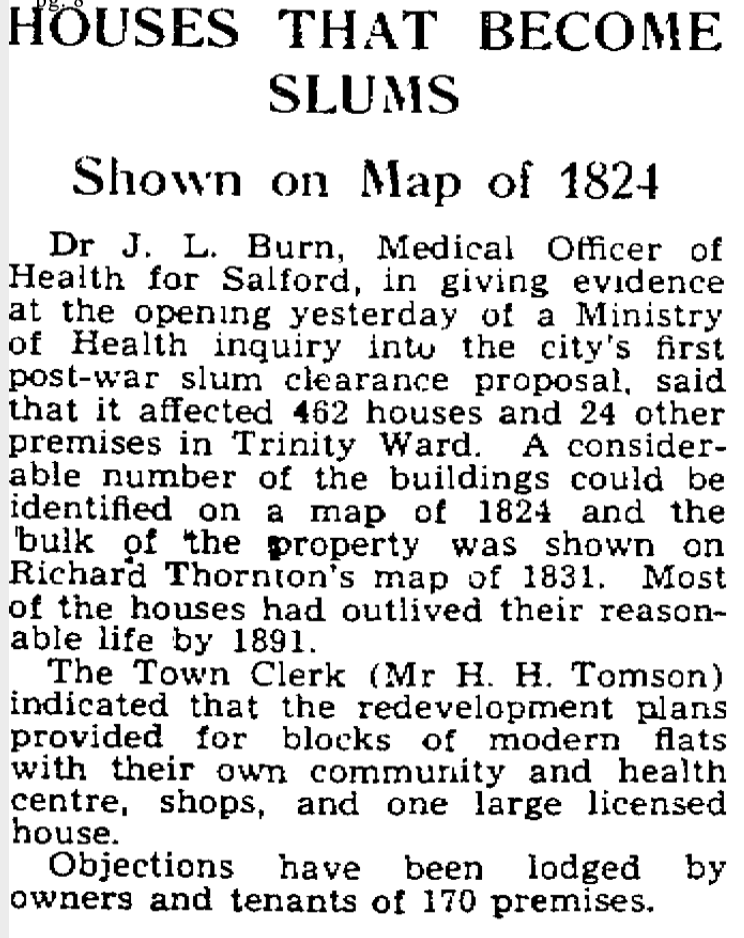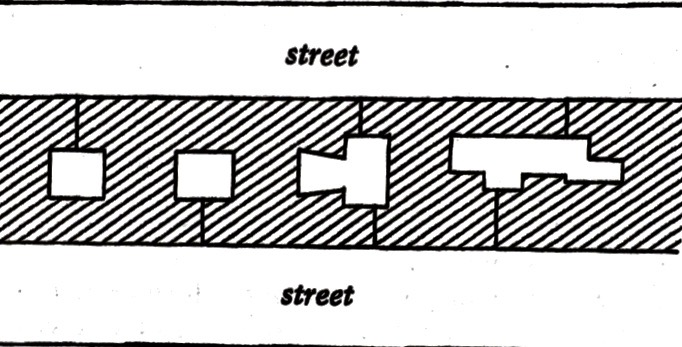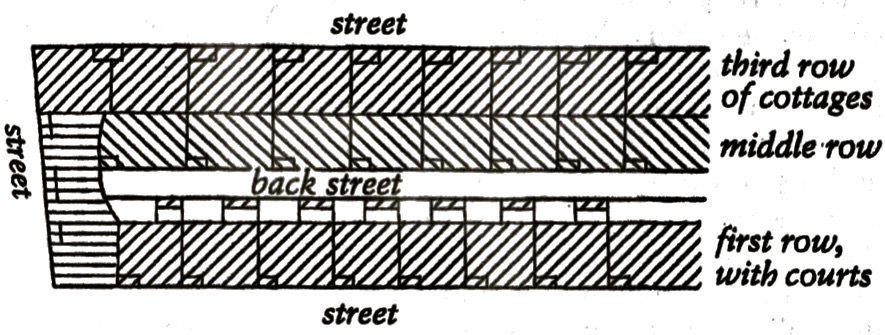Today, we are posting a ‘podcast’ that is a reading from the book “The Condition of the Working Class in England” by Friedrich Engels. The text below is the transcript of the introduction and wrap-up of the blog. The reading is from the chapter “The Great Cities.”
I hope you enjoy the reading the text. If you do, let us know in the comments. If there is another text you know about [you might have written one yourself] and that describes the living conditions of the 1950s, 60s or 70s, please let us know.
Click on the arrow to hear the 12min. recording.
Transcript
Hallo everybody,
I am Tanja Poppelreuter, one of the researchers working on the project “The Modern Backdrop”.
Today, I am reading from Friedrich Engel’s book The Condition of the Working Class in England. Engels was the main supporter and collaborator of Karl Marx. They jointly published the Communist Manifesto in 1844.
The book The Condition of the Working Class in England, was published in 1845. Engels was 24 years old and came from a prosperous German business family. His observations were made first hand. Between 1842 and 1844 Engels had worked at his father’s cotton mill in Manchester

Why am I reading from this book when I am interested in the 1950s and 1960s in Salford? My interest was sparked when I read in several newspaper articles published around 1950 that the houses in Salford that were soon to be demolished where 100 years old. One article in The Manchester Guardian even reported that among the 462 houses in Trinity Ward “a considerable number … could be identified on a map of 1824.” You can find the article and maps on this blog post so you can have a look yourself.

The recording contains excerpts from the 2009 edition of Engel’s book. He describes the two types of dwellings he observed. The older one is the ‘courtyard’ type and the newer one the ‘alley’ type. Both images below explain the layout of these dwellings are were drawn by Engels.
If you would like to read the book yourself, here are the details: Friedrich Engels, The Condition of the Working Class in England, Oxford University Press, Oxford.


I hope you found this reading interesting. Underneath this blog post is a comment box. We are keen to engage with you as much as possible so please leave comments and thoughts. If you would like to receive more blog posts or podcasts, you can simply email the word ‘subscribe’ to our email address themodernbackdrop@salford.ac.uk
Good bye.
Sign up to our newsletter
If you would like to receive notifications of new blog posts email ‘Subscribe’ to themodernbackdrop@salford.ac.uk to sign up to our newsletter.
We are interested in what you have to say about our posts. Please use the comment box below. Comments in our blogs and material sent to us will be displayed anonymously in an exhibition at Salford Museum and published in an exhibition catalogue.
We are also collecting personal memories, photographs, postcards, letters etc. from people who remember the daily life in Salford during the 1950s, 60s and 70s. If you would like to share a memory or a family photograph, please contact us at themodernbackdrop@salford.ac.uk